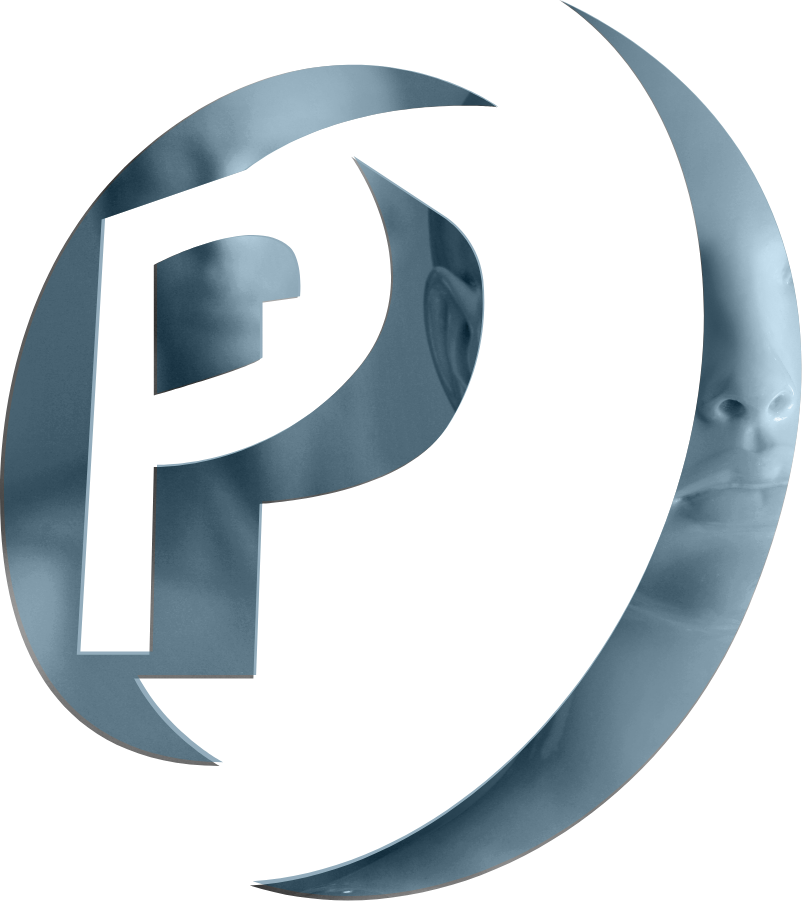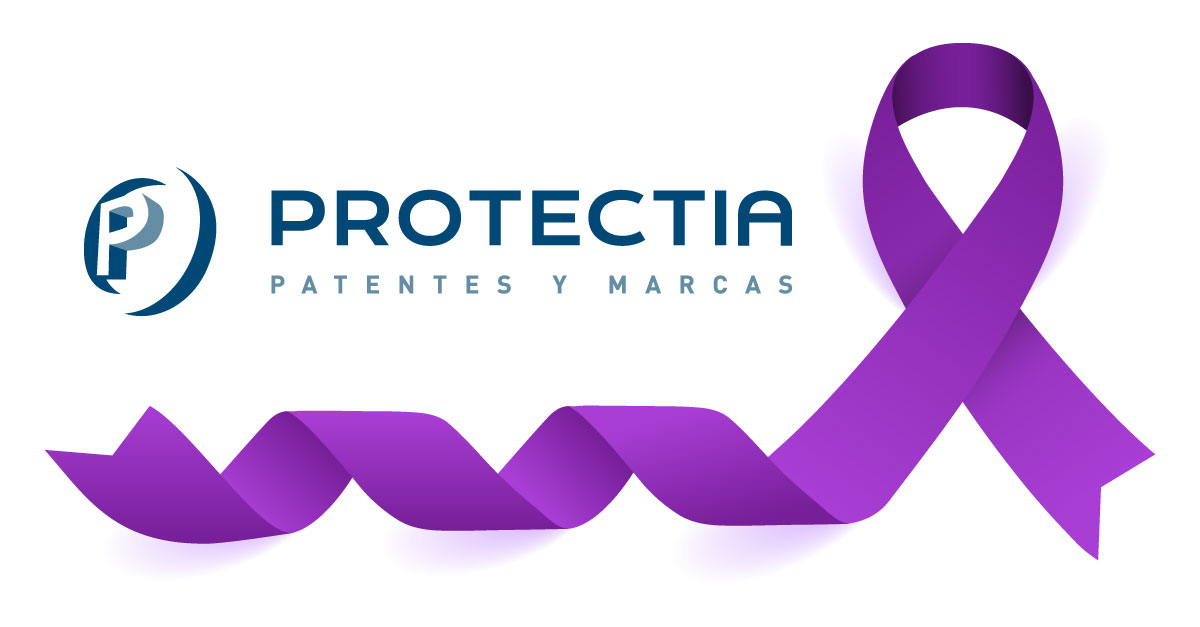PATENTES Y MARCAS
Invierte en lo único que nadie puede copiar
- Nuestra trayectoria habla por nosotros
- Abogados especializados
- Grandes empresas y Startups
Boutique jurídica especializada en Propiedad Industrial e Intelectual
ATENCIÓN LOCAL ALCANCE INTERNACIONAL
La sede central de nuestra agencia se encuentra situada en Madrid, próxima a la Oficina Española de Patentes y Marcas.
Nuestros modernos sistemas de gestión y comunicación nos permiten asesorar, gestionar y defender desde hace años con éxito tanto a grandes empresas multinacionales como a PYMES y a particulares para defender su Propiedad Industrial e Intelectual hasta el último rincón del mundo.

Nuestro esfuerzo está orientado a conseguir un claro objetivo
Dar protección a la base de su ventaja competitiva
de la forma más eficiente
Nuestros servicios
MARCAS
PATENTES
DISEÑOS
ASISTENCIA LEGAL
MODELOS DE UTILIDAD
DERECHOS DE AUTOR Y PROTECCIÓN DE APPS
Nuestros servicios
MARCAS
PATENTES
DISEÑOS
ASISTENCIA LEGAL
MODELOS DE UTILIDAD
DERECHOS DE AUTOR Y PROTECCIÓN DE APPS
Eventos
Una hora de consultaría gratuita para empresas.
El metaverso y los nuevos canales digitales.
Las formas de proteger la propiedad intelectual.
Últimas noticias

Modelos de utilidad: protección y aplicación en España
En el panorama legal de la propiedad industrial en España, los modelos de utilidad representan una pieza clave para la protección de invenciones que, aunque

Cómo registrar una marca en España 2024 rápido y con garantías
Registrar una marca es un paso crucial para proteger la identidad de tu empresa y diferenciar tus productos o servicios en el mercado. En el

El Día Internacional de la Mujer: Celebrando a las mujeres destacadas en la ciencia
Cada 8 de marzo, celebramos el Día Internacional de la Mujer, una oportunidad para honrar los logros de las mujeres en todo el mundo y